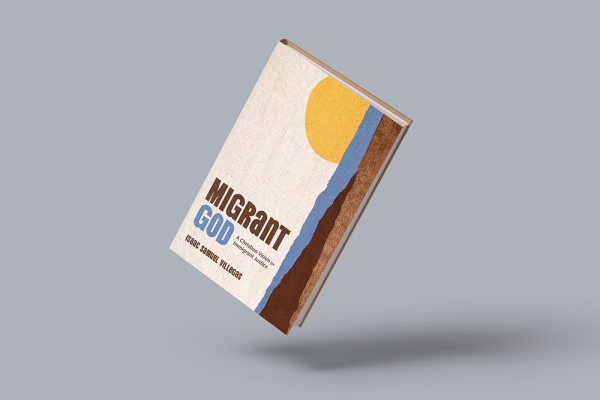Jun 4, 2025
Isaac Villegas' evocative book opens in the Southwest desert along the borderlands of the U.S. and Mexico as a group of people leave crosses in the places where migrants have lost their lives. These crosses, writes Villegas, are “...an act of devotion to a stranger who should have been our neighbor… Each crucifix remembers a life lost to the violence of immigration policies.
Read the Full Article

Already a subscriber? Login
